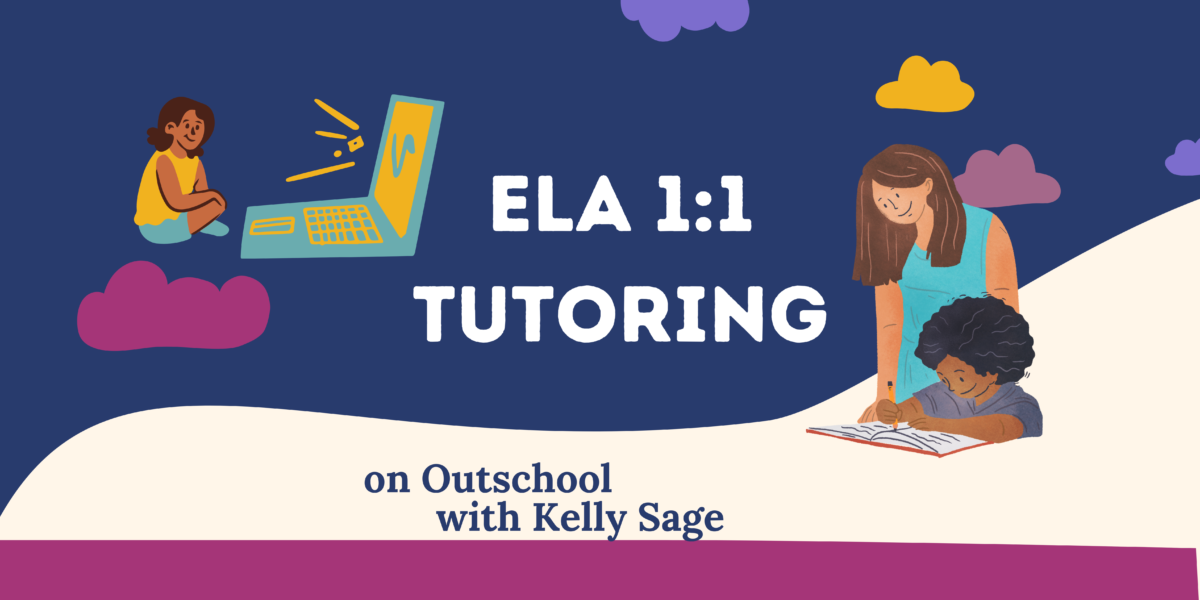Disclosure- Links in this post may be affiliate links. If you click through and make a purchase, I earn a commission at no additional cost to you. Unless noted, if I am reviewing a product, I have been compensated for my time. I write honest reviews. They are not required to be positive. I only recommend the resources we love and use.

When I started homeschooling my children, I knew math was an area I’d struggle to help my kids enjoy, let alone learn, if I didn’t create a new experience for myself. I wanted my kids to be excited about math, love math even, which meant I had to be excited about it too. But, I wasn’t a math person. Years of Ds and Fs in school can give someone that idea. I thought math was boring and there was too much to memorize. All my math teachers did was lecture, give a gazillion problems, test, and then moved on to the next topic. I did not want to repeat my experience. Hands-on learning was never a part of my math story. I knew it needed to be if my kids were going to love math, so I set out to find resources to help us all.
We started learning math with cooking because we already loved cooking together. Now when we cooked, I paid attention to the math we were using and gently brought it to their attention. We started talking about fractions and measurements. We played with measuring cups and spoons, looked at the difference between teaspoons and tablespoons, and how much was needed to go into a cup. We figured out how many pieces of pizza each person would get if divided equally, and what they needed to do if a recipe called for 3/4 c but I handed them a 1/4 c instead.

An unexpected result, my son fell in love with baking. He also quickly understood fractions and measurement, and I started to realize that maybe math wasn’t so bad.
Over the years, my children have played with numbers a lot. They learned business math when they participated in Lemonade Day, held yard sales, and set up art stands in our driveway.
They learn how much of their pocket money they need to save to buy a new toy and figure out how much to give cashiers when they’re making a purchase.
They use math in their science experiments when we play games and they keep score, and they use math to figure out how much time they have to play video games before dinner, how many days they have to wait until their birthday, and how many years old our cat is in cat years (84!).
Once I tuned into helping my children enjoy and learn math, I realized I didn’t hate it. I also realized I wasn’t so bad at math after all.

How to Help Your Children Love Mat
Cooking
Cooking offers so many opportunities to play with math. All you need to do is pull up a chair and invite them to help! As they get older, having autonomy in the kitchen is also a great way to learn.
Kids can:
- divide portions
- add and subtract with measuring cups and spoons
- estimate
- convert measurements
- multiply/divide number of portions a recipe calls for
Here are some of our favorite kid-friendly cookbooks!



Entrepreneurship & Money
A child having autonomy over how they spend their money is a huge motivator when it comes to learning money math. My children get pocket money each month (however much they are old) and can spend or save it however they like. They are in charge of remembering to bring it with them to the store, and once there have to figure out how much they have to spend, have to consider tax, and often realize if they save for another month or two, they’ll be able to get the item they really want, instead of some cheap toy. They also pay for their items separate from mine and figure out how much money they need to give the cashier.
Yard sales, lemonade stands, or participating in Lemonade Day are other ways kids can learn about money and entrepreneurship. My kids have sold handmade bracelets, artwork, and baked goods. They run their shops, make change, and practice a lot of adding and subtracting.



Building/Crafting
Legos, woodworking, beading, knitting, sewing- so many of the things kids love to do allow them to play and learn math.
I think it’s important to teach kids how to use real tools; get out the rulers, needles, and saws. Allowing them to use real tools invites conversation. We can talk to our children about the importance of counting and measurement. We give the learning a purpose. When the end result is something they’ve made, the learning and any challenges that might have come along, are worthwhile.



Games
Most games include some sort of math. Rolling the dice and moving the required spaces, keeping score, dealing out the right amount of cards, being strategic, sequencing- again there are so many ways to learn math through gaming. When helping kids learn math this way, let’s be honest, patience is required, especially when kids are young. They take a little longer to deal and add things up, but as long as the tone is kept easy and they are encouraged to take the time they need, they’ll learn math and enjoy it.
While most games include math-building skills, here are a few math-specific games.



There are so many ways to play with numbers and encourage children to see math differently than those of us who don’t look back on learning it fondly. There are also ways to talk about learning, challenges, our own.
Right now, my children’s passions: art, Minecraft, and animals have science and math at their core. I’d never want something I struggle with to stifle them in any way. It’s why they’ll never hear me say I hate math or it’s pointless. Instead, I tell them I struggled, explain why, and model the work it takes to overcome something that is hard. My son, who is now doing math I hardly remember, knows we’re learning together. He’s patient with me and likes it when he’s the one doing the teaching.
So far, I’ve seen that by playing with numbers, using real tools, cooking together, and being young entrepreneurs, when my children use math programs and do “school math” (for lack of a better term), they have an understanding of how numbers work. An understanding I NEVER had as a student.
It makes me love learning math with them even more!


























These are great ideas! I had never thought of using entrepreneurship to teach Math…Brilliant!
Thanks. If your town does the Lemonade Day (link in the post) I highly recommend. It’s free to join and they provide wonderful resources for kids to create their own stand.
Pingback: Choosing a Homeschool Curriculum for 4th, 5th, and 6th Graders
Pingback: Choosing a Homeschool Curriculum- Early Elementary - Curiosity Encouraged
Pingback: Simplify Your Homeschool Day | Focus on Your Top Three -
Pingback: Choosing a Homeschool Curriculum- The Early Years -
Pingback: A+ Interactive Math | Everything Your Child Needs to Learn Math -